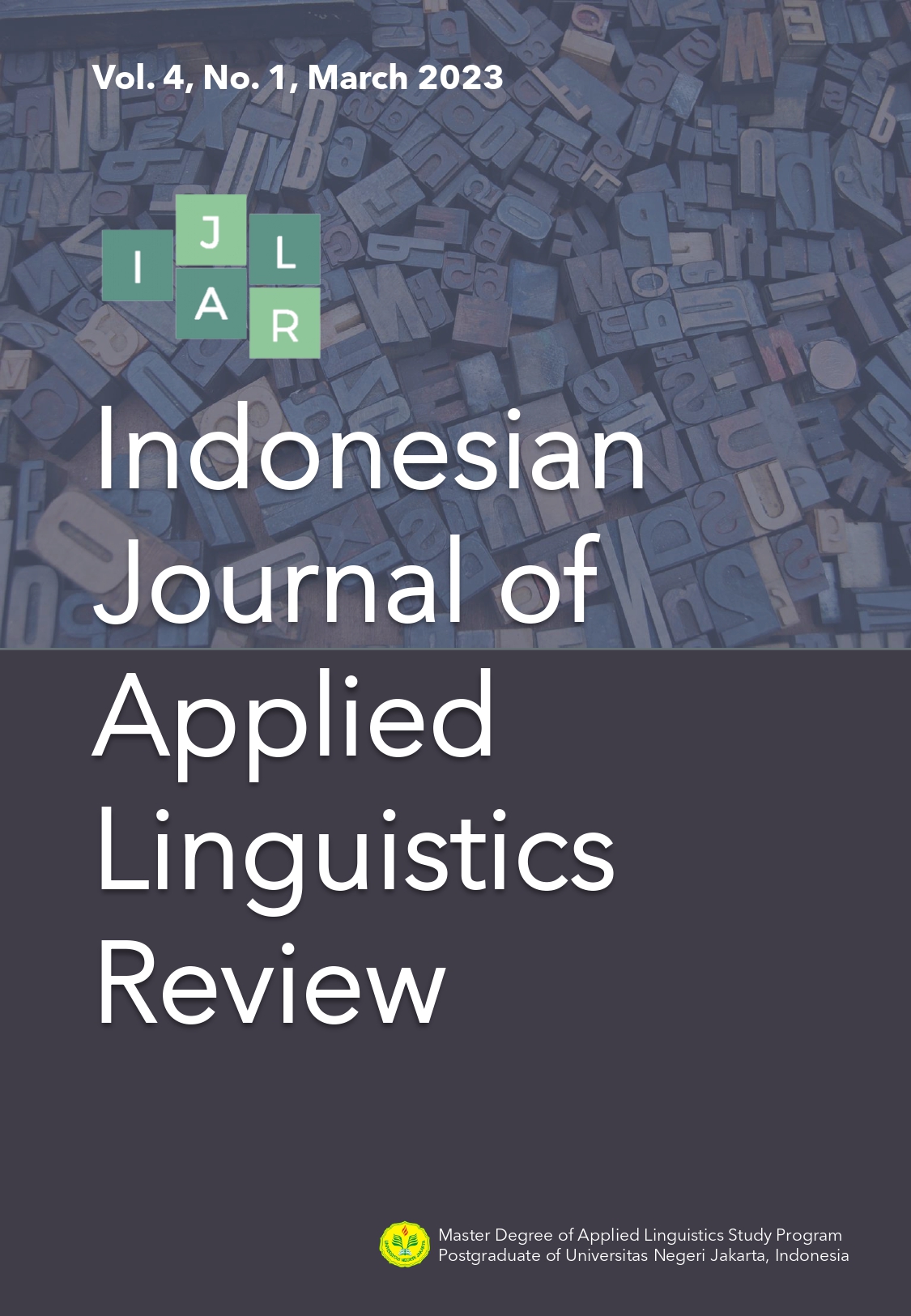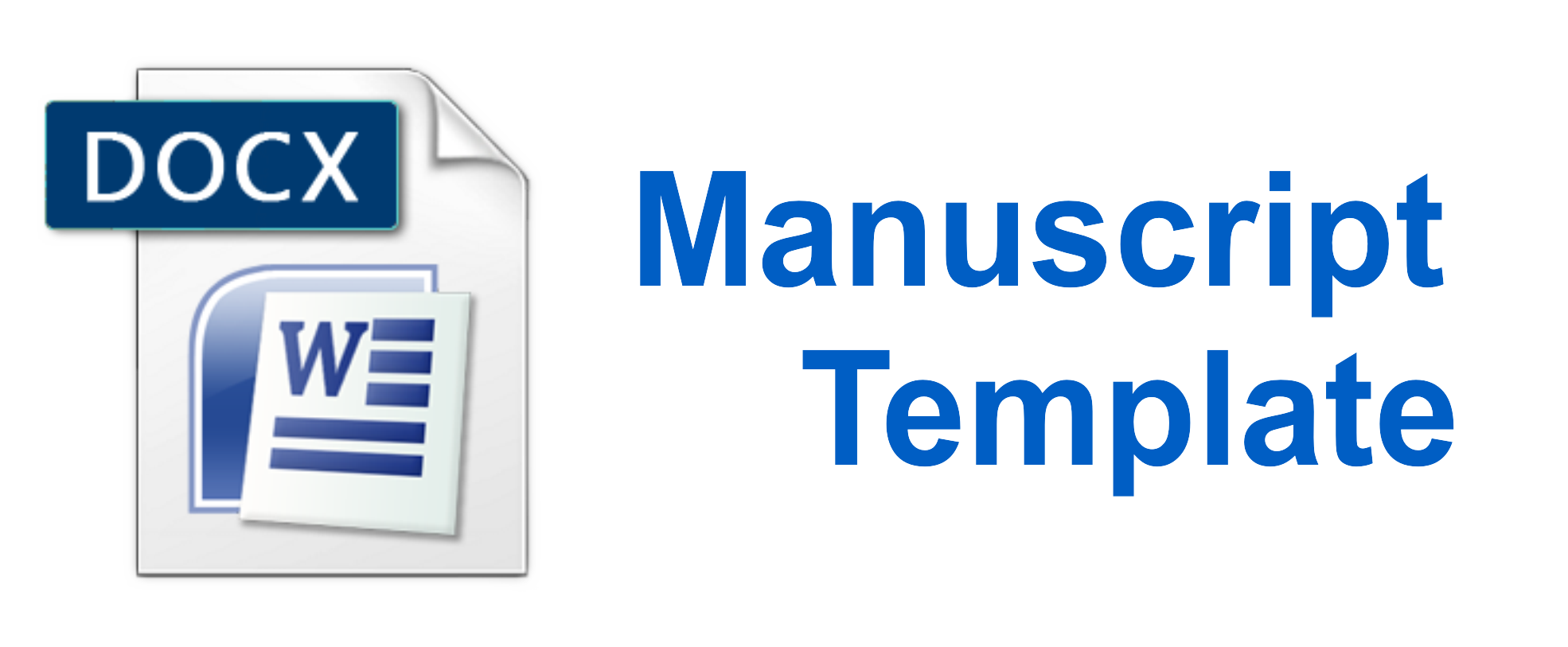Hambatan Pembelajaran Bahasa Arab pada Jenjang SMA di Jawa Barat
DOI:
https://doi.org/10.21009/ijalr.41.04Keywords:
evaluation, curriculum development, Arabic learning, high schoolAbstract
Based on Government Regulation No. 4 of 2022, learning Arabic as a foreign language in high school is part of the mandate of Law No. 20 of 2003. In order to be relevant to the needs of the times, evaluation and development of the Arabic curriculum is a necessity. This study aims to identify barriers to learning Arabic in high schools so that they can be utilized by the government and related parties in developing the Arabic curriculum. This research uses a descriptive quantitative approach with the technique of distributing questionnaire instruments with a Likert scale. Respondents in this study were high school Arabic teachers in West Java. The data obtained were processed using SPPS. Based on the research, it is known that the obstacles in high school Arabic learning in West Java exist in eight factors with two classifications 1) rated significant on the factors of teaching materials (MA), teachers (G), curriculum (K), facilities (F), and teaching material sources (SB), with an average score of 2.55, 2.61, 2.71, 2.96, and 3.18; 2) rated very significant on the factors of students (S), teaching methods (MB), and government policies (KP) with an average score of 3.25, 3.29, and 3.46.
Downloads
Published
Issue
Section
License
Copyright (c) 2023 Saprudin Padlil Syah

This work is licensed under a Creative Commons Attribution 4.0 International License.







